Explore All Our Online Healthcare Courses
eIntegrity provides access to world-class healthcare training developed for the UK National Health Service but now available globally.
Our learners include individuals (trainees and fully qualified practitioners), healthcare providers, colleges, universities and government bodies.
Anaesthesiology

|
Anaesthesia eLibrary | £25.00 | View Course | Buy Now | |

|
Online Anaesthesia Course | £600.00 | Payment Plan available from £50/month | View Course | Buy Now |

|
Core Anaesthesia Training | £250.00 | Payment Plan available from £21/month | View Course | Buy Now |
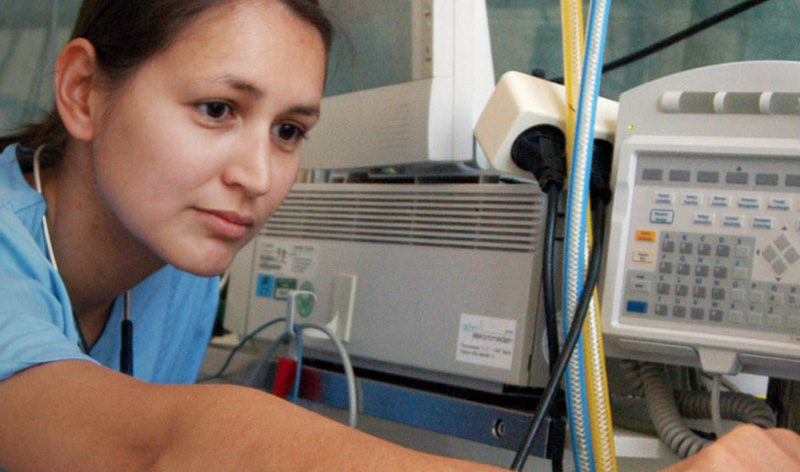
|
Intensive Care Medicine Course | £105.00 | Payment Plan available from £9.50/month | View Course | Buy Now |

|
Management of procedure-induced anxiety in children | £40.00 | View Course | Buy Now | |

|
Neonatal Airway | £23.00 | View Course | Buy Now | |

|
Pain Management Course | £95.00 | View Course | Buy Now | |

|
Tracheostomy Safety | £23.00 | View Course | Buy Now |
Child Health

|
Adolescent Health Course | £80.00 | View Course | Buy Now | |

|
e-Asthma — asthma diagnosis & management (Children and Young People) | £23.00 | View Course | Buy Now | |

|
Child Sexual Exploitation | £23.00 | View Course | Buy Now | |

|
Healthy Child Suite Programmes | £165.00 | Payment Plan available from £14/month | View Course | Buy Now |

|
Healthy Child Course | £80.00 | View Course | Buy Now | |

|
Healthy School Child Course | £55.00 | View Course | Buy Now | |

|
Paediatrics | £35.00 | View Course | Buy Now | |

|
Safeguarding Children Level 1-2 | £35.00 | View Course | Buy Now | |

|
Safeguarding Children Level 3 | £23.00 | View Course | Buy Now | |

|
Safeguarding Children Level 1-3 | £55.00 | View Course | Buy Now |
Leadership & Management

|
Demand and Capacity elearning Course | £35.00 | View Course | Buy Now | |

|
Emergency Medicine Leaders elearning Course | £55.00 | View Course | Buy Now | |

|
Environmentally Sustainable Healthcare (ESH) | £23.00 | View Course | Buy Now | |

|
Management and Leadership Skills elearning Course | £25.00 | View Course | Buy Now | |

|
Professional Clinical Nursing Leadership elearning Course | £35.00 | View Course | Buy Now | |

|
Professional Clinical Midwifery Leadership elearning Course | £35.00 | View Course | Buy Now | |

|
Research & Audit | £55.00 | View Course | Buy Now | |

|
The Role of the Caldicott Guardian | £10.00 | View Course | Buy Now |
Medical Condition

|
Anaphylaxis | £23.00 | View Course | Buy Now | |

|
e-Asthma — asthma diagnosis & management (Adults) | £23.00 | View Course | Buy Now | |

|
Dementia | £60.00 | View Course | Buy Now | |

|
Changing Story of Cancer | £15.00 | View Course | Buy Now | |

|
Congenital Heart Disease elearning Course | £25.00 | View Course | Buy Now | |

|
Coronavirus | £0.00 | View Course | Buy Now | |

|
Diabetes Care elearning Course | £35.00 | View Course | Buy Now | |

|
Heart Failure and Heart Valve Disease elearning Course | £30.00 | View Course | Buy Now | |

|
Long Covid | £23.00 | View Course | Buy Now | |

|
Safe Use of Insulin | £15.00 | View Course | Buy Now | |

|
Sepsis | £23.00 | View Course | Buy Now | |

|
Stroke elearning Course | £35.00 | View Course | Buy Now | |

|
The Oliver McGowan Mandatory Training on Learning Disability and Autism | £25.00 | View Course | Buy Now | |

|
Transient Ischaemic Attacks | £35.00 | View Course | Buy Now | |
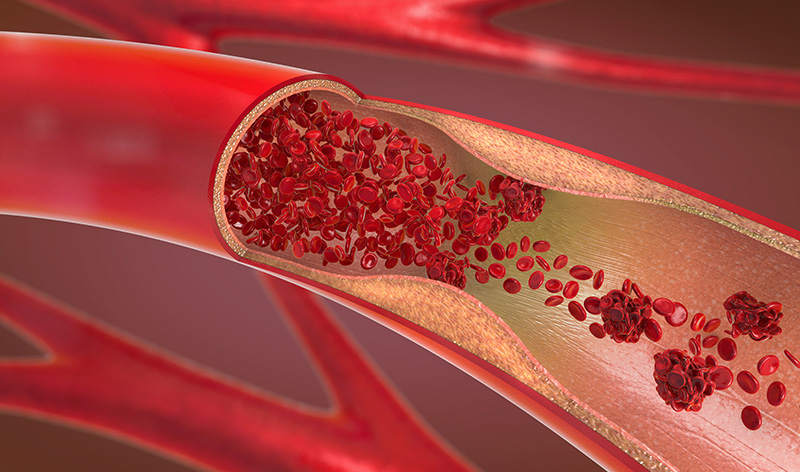
|
Venous Thromboembolism | £15.00 | View Course | Buy Now |
Mental Health

|
Communication Skills for the Mental Health Practitioner | £23.00 | View Course | Buy Now | |

|
Cognitive Behavioural Therapies for Psychosis elearning Course | £95.00 | View Course | Buy Now | |

|
Dementia | £60.00 | View Course | Buy Now | |

|
Deprivation of Liberty Safeguards | £55.00 | View Course | Buy Now | |

|
Mental Capacity Act | £20.00 | View Course | Buy Now | |

|
Mental Health | £30.00 | View Course | Buy Now | |

|
Mental Health Awareness | £20.00 | View Course | Buy Now | |

|
Perinatal Mental Health elearning Course | £35.00 | View Course | Buy Now |
Midwifery and Newborn

|
Avoiding term admissions into neonatal units (ATAIN) | £23.00 | View Course | Buy Now | |

|
Breastmilk Provision for Preterm and Sick Neonates | £23.00 | View Course | Buy Now | |

|
Cultural Competence | £23.00 | View Course | Buy Now | |
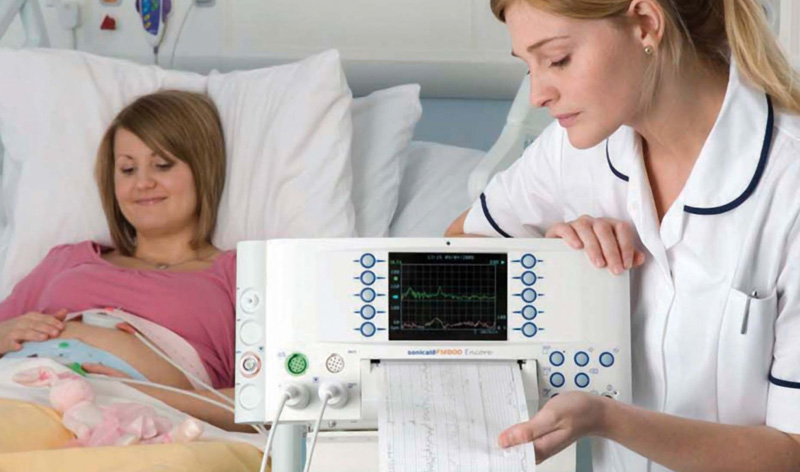
|
Electronic Fetal Monitoring (eFM) Training | £105.00 | Payment Plan available from £9.50/month | View Course | Buy Now |

|
Immunisation on Neonatal Units elearning Course | £29.00 | View Course | Buy Now | |

|
Intelligent Intermittent Auscultation in Labour | £35.00 | View Course | Buy Now | |

|
Introduction to Allied Health Professionals in Neonatal Care | £45.00 | View Course | Buy Now | |

|
Introduction to the Pelvic Floor During Pregnancy | £15.00 | View Course | Buy Now | |

|
Multidisciplinary Approaches to Maternal Health (formally Medical Problems During Pregnancy) | £35.00 | View Course | Buy Now | |

|
Midwifery Identification, Stabilisation and Transfer of the Sick Newborn | £23.00 | View Course | Buy Now | |

|
Midwifery Programme | £225.00 | Payment Plan available from £19/month | View Course | Buy Now |

|
Neonatal Airway | £23.00 | View Course | Buy Now | |

|
National Bereavement Care Pathway elearning Course | £23.00 | View Course | Buy Now | |

|
Perinatal Mental Health elearning Course | £35.00 | View Course | Buy Now | |

|
Professional Clinical Midwifery Leadership elearning Course | £35.00 | View Course | Buy Now | |

|
Psychologically-Informed Neonatal Care | £23.00 | View Course | Buy Now | |

|
Reducing Avoidable Term Admissions | £23.00 | View Course | Buy Now |
Nursing

|
Antimicrobial Resistance elearning Course | £15.00 | View Course | Buy Now | |

|
Blood Transfusion | £40.00 | View Course | Buy Now | |

|
Cancer Careers in Nursing elearning Course | £45.00 | View Course | Buy Now | |

|
Care Certificate elearning Course | £40.00 | View Course | Buy Now | |

|
Complex Clinical Reasoning | £35.00 | View Course | Buy Now | |

|
Cultural Competence | £23.00 | View Course | Buy Now | |

|
Deprivation of Liberty Safeguards | £55.00 | View Course | Buy Now | |

|
End of Life Care | £105.00 | Payment Plan available from £9.50/month | View Course | Buy Now |

|
IV Therapy Passport | £23.00 | View Course | Buy Now | |

|
Human Factors / Ergonomics (Safety Science) for Patient Safety: Understanding | £23.00 | View Course | Buy Now | |

|
Make Every Contact Count (MECC) elearning Course | £35.00 | View Course | Buy Now | |

|
Patient Safety Syllabus | £35.00 | View Course | Buy Now | |

|
Preventing Falls in Hospitals elearning Course | £45.00 | View Course | Buy Now | |

|
Professional Clinical Nursing Leadership elearning Course | £35.00 | View Course | Buy Now | |

|
Sepsis | £23.00 | View Course | Buy Now | |

|
Tracheostomy Safety | £23.00 | View Course | Buy Now | |

|
Wound Care Education for the Health and Care Workforce | £35.00 | View Course | Buy Now |
Pharmacy & Prescribing

|
Pharmacy in Primary Care | £23.00 | View Course | Buy Now | |

|
Safe Prescribing | £35.00 | View Course | Buy Now | |

|
Safe Use of Insulin | £15.00 | View Course | Buy Now |
Radiology Courses

|
Advanced Radiotherapy | £55.00 | View Course | Buy Now | |

|
Clinical Oncology Training | £85.00 | View Course | Buy Now | |
|
|
e-RADS – Radiation Safety for Staff elearning Course | £35.00 | View Course | Buy Now | |
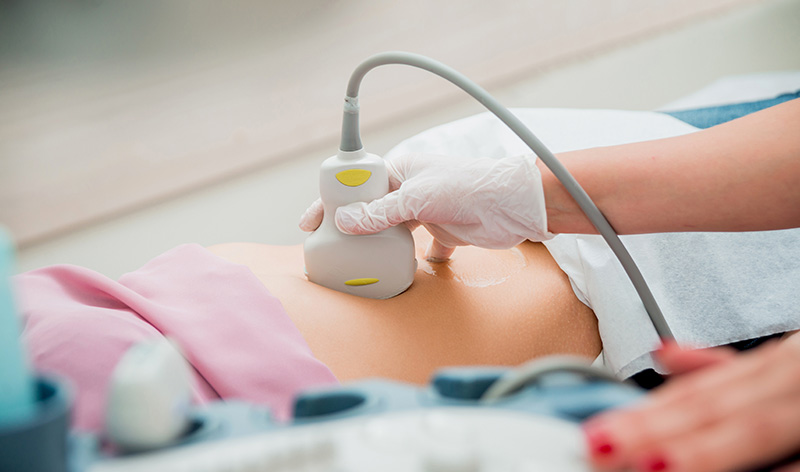
|
Focused Acute Medicine Ultrasound elearning Course | £40.00 | View Course | Buy Now | |
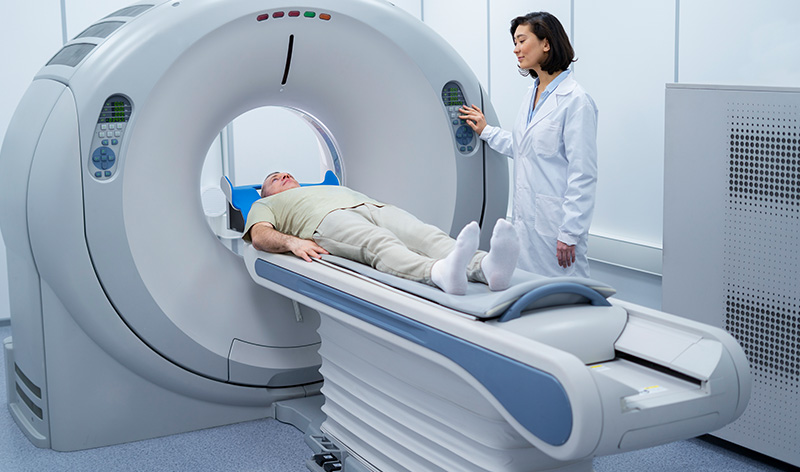
|
Guidance for Overseas Radiographers | £0.00 | View Course | Buy Now | |

|
ICU/Echo Ultrasound | £85.00 | View Course | Buy Now | |
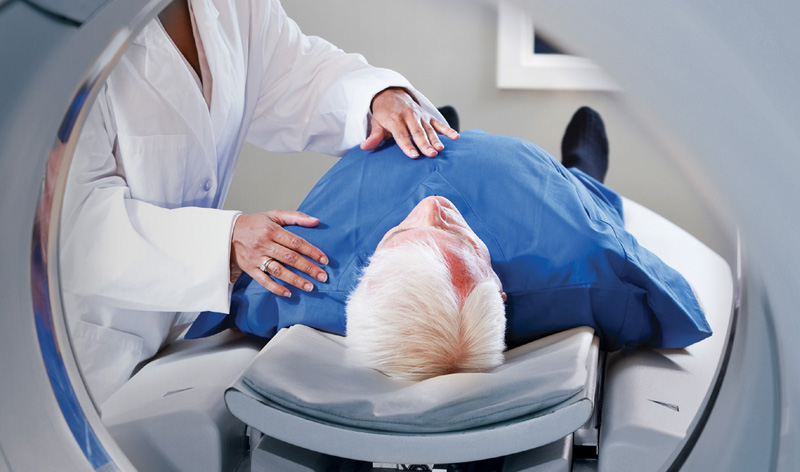
|
IRMER Ionising Radiation (Medical Exposure) Regulations Course | £85.00 | View Course | Buy Now | |

|
Medical Imaging (Clinical Imaging) | £105.00 | Payment Plan available from £9.50/month | View Course | Buy Now |

|
MRI Safety | £55.00 | View Course | Buy Now | |
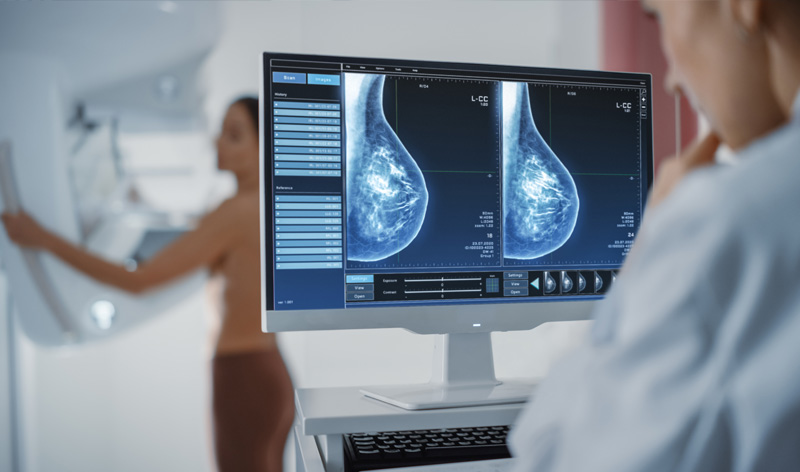
|
National Breast Imaging Academy (BIA) | £40.00 | View Course | Buy Now | |
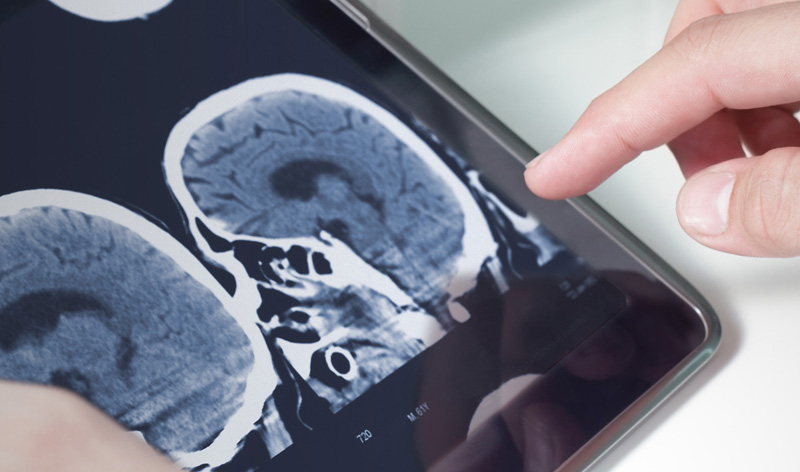
|
Online Radiology Course | £600.00 | Payment Plan available from £50/month | View Course | Buy Now |

|
Proton Beam Therapy elearning Course | £23.00 | View Course | Buy Now | |
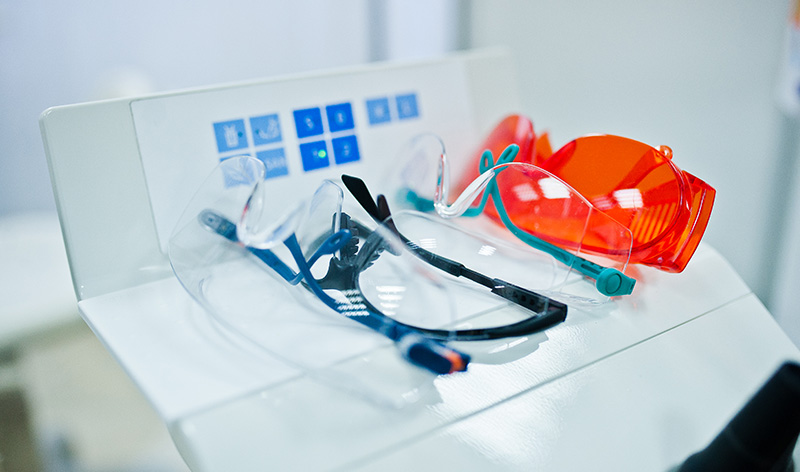
|
Radiation Protection for Cardiology elearning Course | £35.00 | View Course | Buy Now | |

|
Radiation Protection for Vascular Surgeons | £35.00 | View Course | Buy Now |
Sexual Health Courses

|
Female Genital Mutilation | £35.00 | View Course | Buy Now | |

|
Sexual & Reproductive Health | £105.00 | Payment Plan available from £9.50/month | View Course | Buy Now |

|
Sexual Health (HIV content only) elearning Course | £95.00 | View Course | Buy Now | |

|
Sexual Health (STI content only) elearning Resource | £155.00 | Payment Plan available from £13/month | View Course | Buy Now |

|
Sexual Health and HIV | £195.00 | Payment Plan available from £17.00/month | View Course | Buy Now |
Soft Skills & Management

|
Antimicrobial Resistance elearning Course | £15.00 | View Course | Buy Now | |

|
Communication Skills for the Mental Health Practitioner | £23.00 | View Course | Buy Now | |

|
Complex Clinical Reasoning | £35.00 | View Course | Buy Now | |

|
Cultural Competence | £23.00 | View Course | Buy Now | |

|
Data Security Awareness elearning Course | £29.00 | View Course | Buy Now | |

|
Demand and Capacity elearning Course | £35.00 | View Course | Buy Now | |

|
Environmentally Sustainable Healthcare (ESH) | £23.00 | View Course | Buy Now | |

|
Foundation Soft Skills Course | £105.00 | Payment Plan available from £9.50/month | View Course | Buy Now |

|
Freedom to Speak Up elearning Course | £23.00 | View Course | Buy Now | |

|
Human Factors / Ergonomics (Safety Science) for Patient Safety: Understanding | £23.00 | View Course | Buy Now | |

|
Make Every Contact Count (MECC) elearning Course | £35.00 | View Course | Buy Now | |

|
Medical Mentoring elearning Course | £29.00 | View Course | Buy Now | |

|
Safeguarding Adults | £29.00 | View Course | Buy Now | |

|
Transient Ischaemic Attacks | £35.00 | View Course | Buy Now | |

|
The Role of the Caldicott Guardian | £10.00 | View Course | Buy Now | |
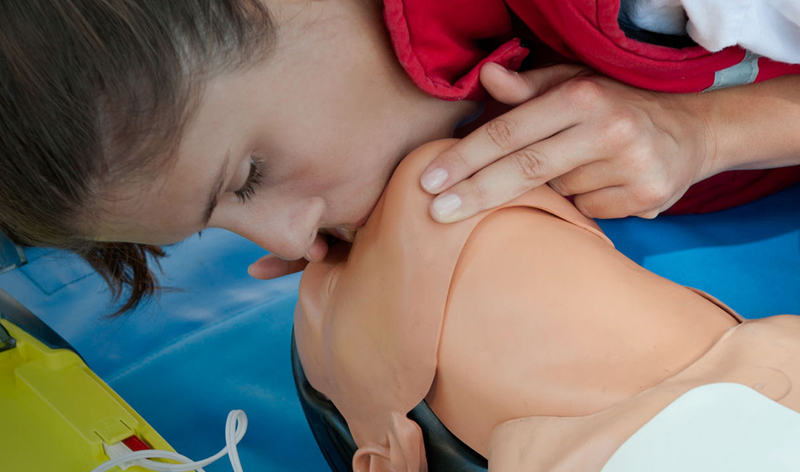
|
Statutory and Mandatory Training | £55.00 | View Course | Buy Now | |

|
Step to Work | £0.00 | View Course | Buy Now |
Specialty

|
Acute Medicine | £105.00 | Payment Plan available from £9.50/month | View Course | Buy Now |

|
Blood Transfusion | £40.00 | View Course | Buy Now | |

|
Dental Course | £210.00 | Payment Plan available from £18.00/month | View Course | Buy Now |
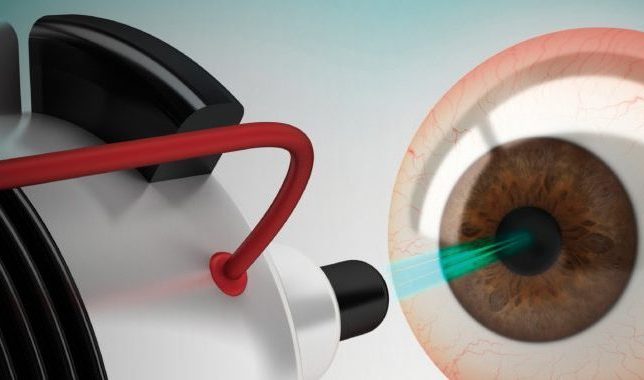
|
eLaser — Laser Safety elearning Course | £105.00 | Payment Plan available from £9.50/month | View Course | Buy Now |

|
End of Life Care | £105.00 | Payment Plan available from £9.50/month | View Course | Buy Now |
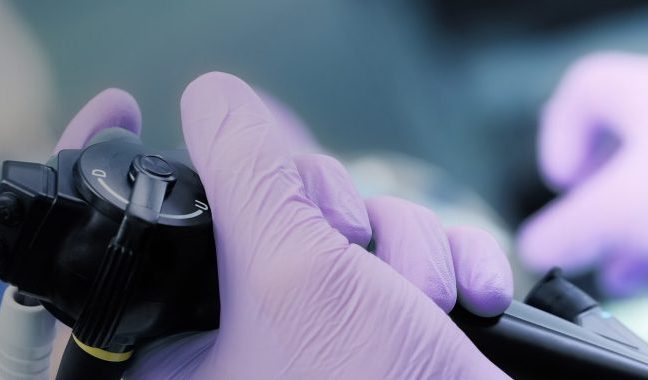
|
Endoscopy Training Course | £40.00 | View Course | Buy Now | |

|
Foundation Soft Skills Course | £105.00 | Payment Plan available from £9.50/month | View Course | Buy Now |

|
General Practitioners | £105.00 | Payment Plan available from £9.50/month | View Course | Buy Now |

|
Genomics Education | £25.00 | View Course | Buy Now | |

|
Geriatric Medicine (MCE) | £40.00 | View Course | Buy Now | |

|
Intensive Care Medicine Course | £105.00 | Payment Plan available from £9.50/month | View Course | Buy Now |
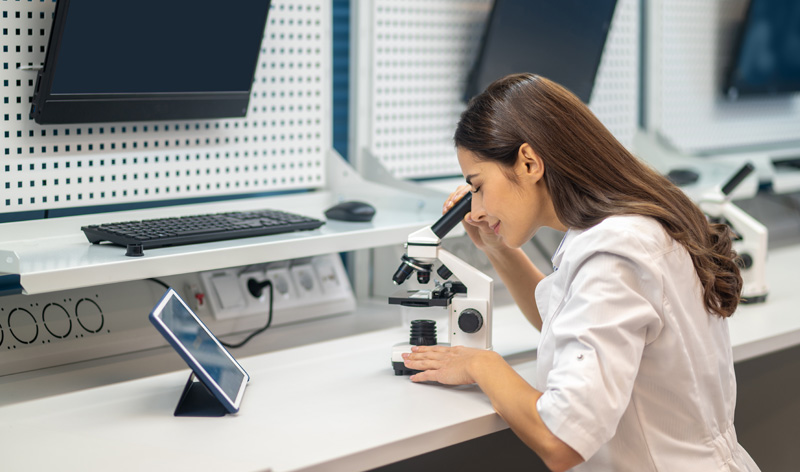
|
Medical Examiner (MEX) | £40.00 | View Course | Buy Now | |
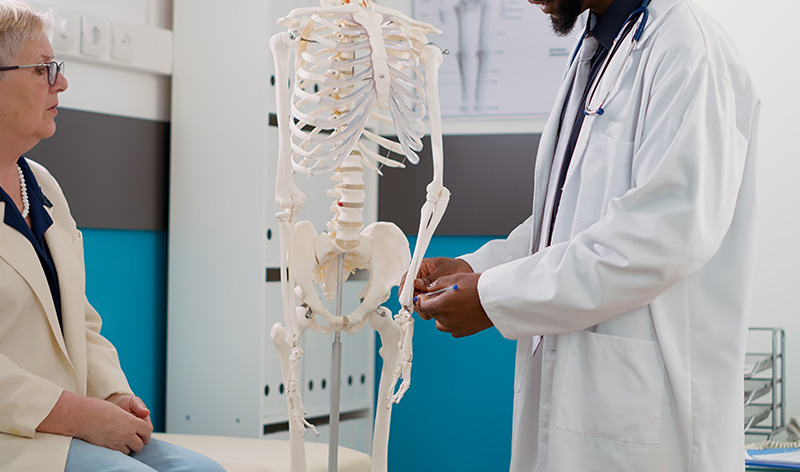
|
Musculoskeletal (MSK) primary care elearning course | £35.00 | View Course | Buy Now | |

|
Online Dermatology Course | £105.00 | Payment Plan available from £9.50/month | View Course | Buy Now |

|
Online Surgery Course | £90.00 | View Course | Buy Now | |
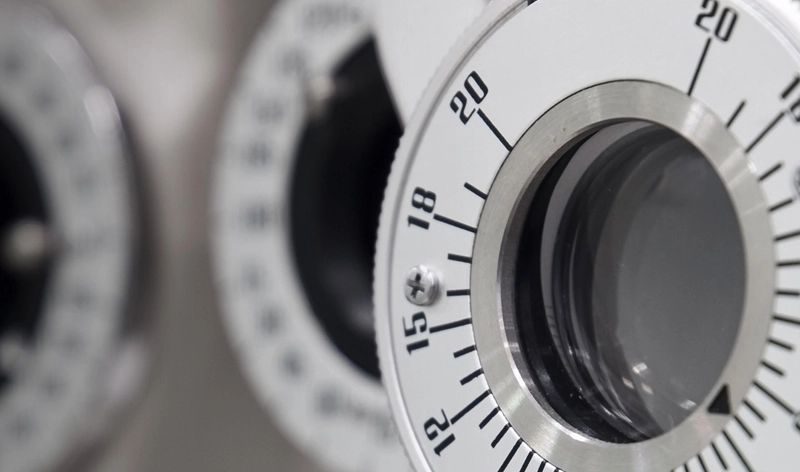
|
Ophthalmology Course & Online Training | £105.00 | Payment Plan available from £9.50/month | View Course | Buy Now |

|
Paediatrics | £35.00 | View Course | Buy Now | |

|
Paramedic Course | £40.00 | View Course | Buy Now | |
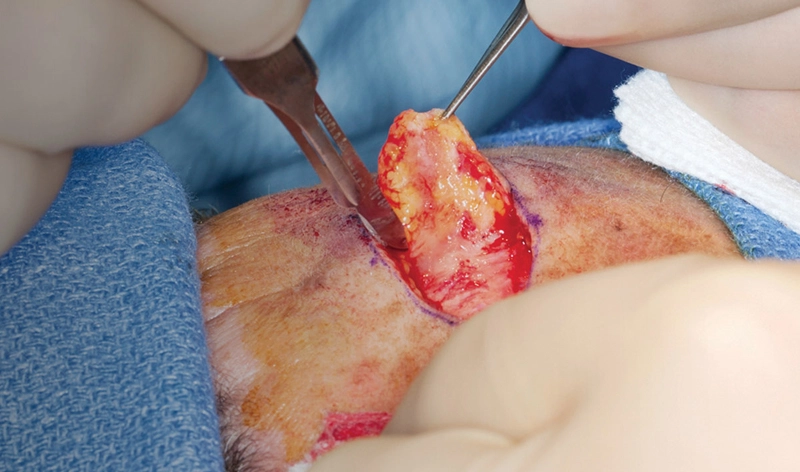
|
Plastic Surgery Course | £105.00 | Payment Plan available from £9.50/month | View Course | Buy Now |

|
Renal Medicine | £75.00 | View Course | Buy Now |



